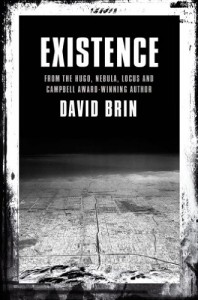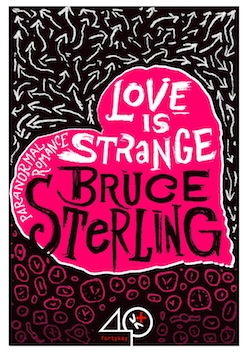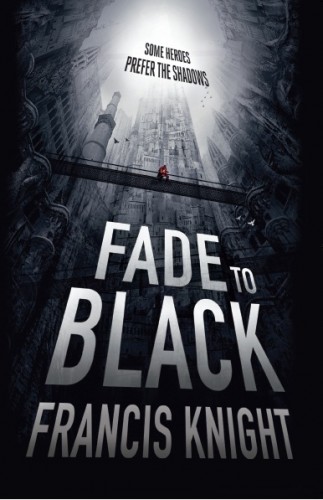If given the opportunity to avoid extinction would you take it? Even if it meant abandoning or even destroying everything you know?
This is the major question that David Brin’s novel Existence doesn’t so much try to answer as investigate from every angle.
During a routine space-junk collection mission astronaut Gerald Livingstone goes against protocol and lassos a crystalline object that has been drifting in Earth’s orbit for longer than anyone imagined. And when the crystal egg begins to speak with the voices of alien entities, welcoming humans to join them, the already precarious balance of Earth society is thrown into chaos.
Existence is a complex entity built primarily CyberPunk and Hard Sci-Fi components, but they aren’t the only elements that have been crafted together to tell this tale, and with stunning cohesion.
Hamish Brookeman, acclaimed novelist and director, is tasked with unravelling a plot that risks the plans of his secret society. And in turn exposes far more than he expects.
Hacker, an eccentric playboy, ends up in an extreme sporting accident that results in falling into a world of strangeness and grants him a new sense of purpose.
And Tor Pavlov, pop-culture reporter extraordinaire, prevents a terrorist bombing and becomes immersed in an online culture of unimaginable proportions.
But these are only a few of the many varied characters intertwined within Existence; each of whom have a vital part to play in the overall scheme of things. The tangle weave of betrayal, suspicion and subterfuge is constantly tinged with the hint of hope and progress. Especially when a second egg is discovered that refutes the grim tale of the first.
The writing of Existence is amazing, the characters flawless in their scope and the setting a fascinatingly erratic ride through worlds often difficult to comprehend, but never hard to picture with this level of storytelling. But be warned, this is a dense parable; filled from end to end with twisting points of views and narrators-a-plenty.
It isn’t a fast book, but it is a great book. And one worth taking the time to enjoy.





































